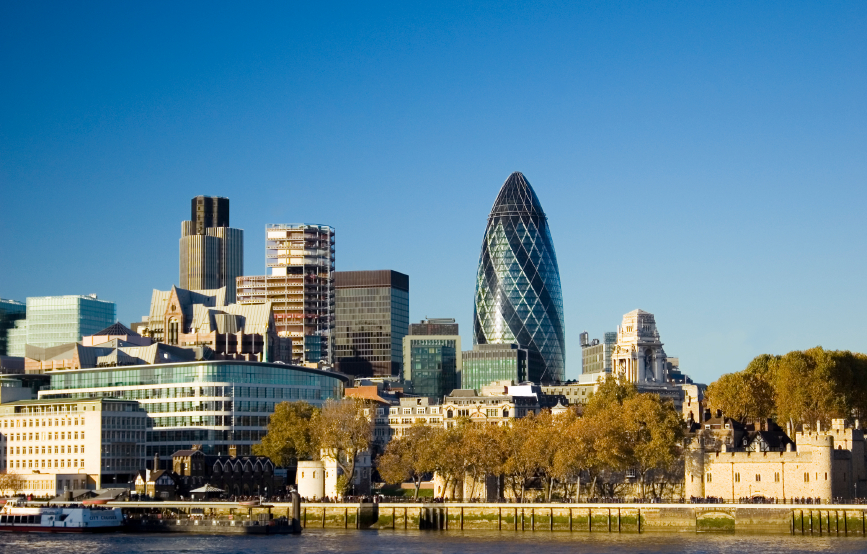This article is an external press release originally published on the Landlord News website, which has now been migrated to the Just Landlords blog.

Property prices in London could increase by over 30% in the next five years. The housing market in the capital is staying strong despite uncertainty surrounding the general election, as the economy is steady and many want to live and invest in London.
Only a year after annual house price growth in London was at 20% in the year to June, a new report from real estate firm CBRE has predicted that values in the luxury and mainstream markets in the capital will soon surpass those around the UK.
The high-end central London property market has stagnated, due to buyers and sellers awaiting the outcome of the general election. The frantic activity witnessed in the mainstream market in the past 18 months has also steadied.
The study revealed that this slowdown is down to affordability worries and the effects of last year’s Mortgage Market Review. Read more about the impact of this here: /mortgage-market-review-causes-decline-in-buyers/
Bank of England (BoE) boss Mark Carney has also tried to limit the amount of high loan-to-value (LTV) mortgages, which has contributed to a “softening in house price growth.”1
Annual property price growth in London dropped from 17.8% for the year to the final quarter (Q4) of 2014 to 12.7% for Q1 2015.1
Jennet Siebrits, Head of Residential Research at CBRE says: “The slowdown is slightly at odds with the relatively healthy underlying economic backdrop. However, the market has been experiencing a mini-boom and is now cooling off.”
London has also been affected by political uncertainty, which has limited annual property price growth expectations for the capital as a whole and the high-end market to 5% for 2016. Comparatively, values in the South East and East Anglia are predicted to increase by 6%.
For average priced homes, prices will rise 5% each year in 2016, 2017 and 2018, before growing to 6% in 2019. Prices in the luxury London sector will increase to 6% in 2017 ahead of all other regions and the rest of the capital.
Both sides of the London market will experience 31% growth from 2015-2019, with house prices in the South East rising 28% over the next five years and 25% in the South West. The value of the average property in the UK will increase by 25% and the weakest growth of any region will be in Scotland at 20%.
CBRE predicts that London’s expanding population, the imbalance between supply and demand and more relaxed lending from mortgage providers to well-established developers will boost the capital’s market once the election is over.
A rise in prices will also be fuelled by momentum in the economy, as GDP growth is predicated at 2.8% for this year and Britain experiences record employment levels.
Siebrits adds: “We have seen increased interest from investors from China and Malaysia who have been drawn to large flagship sites such as Teddington Studios in Richmond.”1
It is important to note that these predictions are based on a majority government taking power or a strong coalition being formed. The possibilities of a hung parliament or two elections have not been considered.




